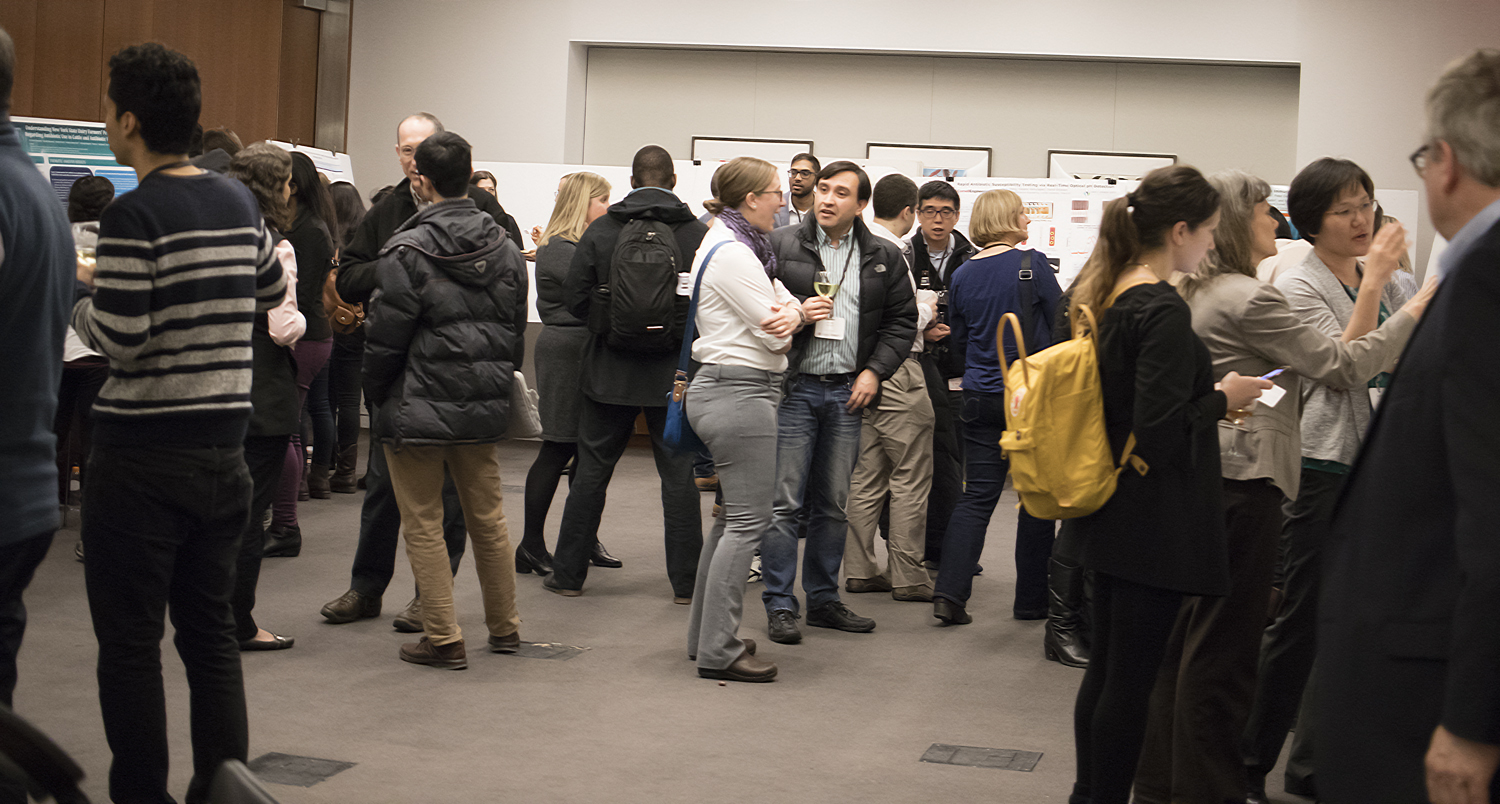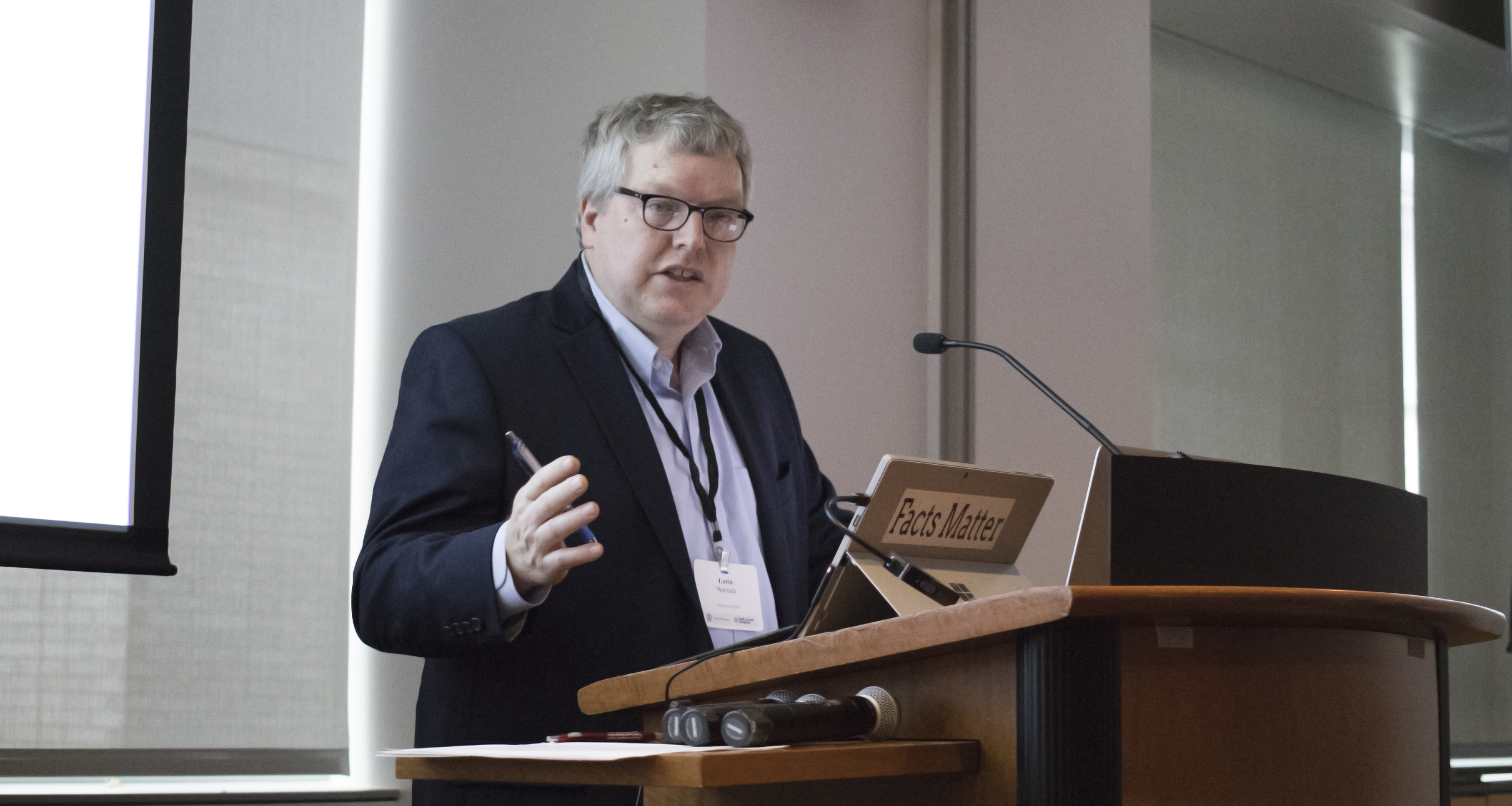Conference tackles rising antimicrobial resistance in animal and human health

In partnership with Weill Cornell Medicine, the College of Veterinary Medicine brought together interdisciplinary researchers from across the United States to discuss issues surrounding antibiotic use at the second annual Antimicrobial Resistance: Research Synergies in Human and Animal Medicine.
Antimicrobial resistance is a biological consequence of antibiotic use. The increasing frequency of infections that were once predictably curable but are now more difficult, if not impossible, to treat, demonstrate this issue’s societal impact. The symposium was an effort to understand the underlying biology of tolerance and resistance to antibiotics, apply this knowledge and develop better, faster diagnostics that tailor treatments to pathogens and guide antimicrobial stewardship, and to discover novel therapies that leverage the natural host-microbiome symbiosis.
Dean Lorin D. Warnick Ph.D. ’94 welcomed attendees on day one of the symposium. With panelists selected by peer-review, the meeting featured speakers and panelists from CVM, Weill Cornell Medicine, Cornell Tech, Emory University, and Texas A&M University.

By Melanie Greaver Cordova





